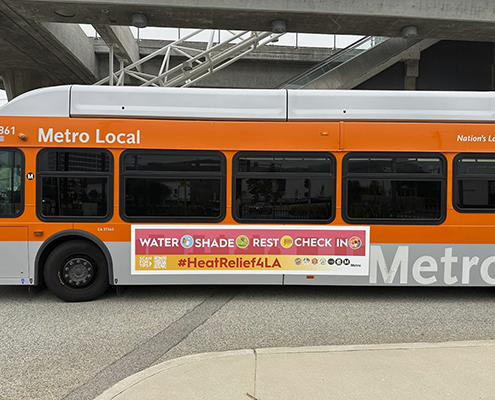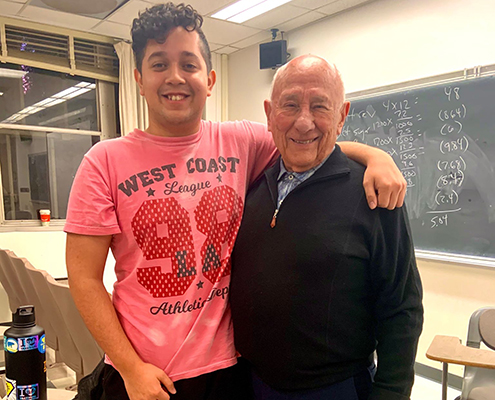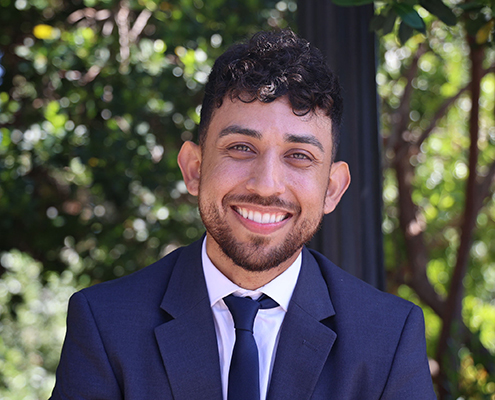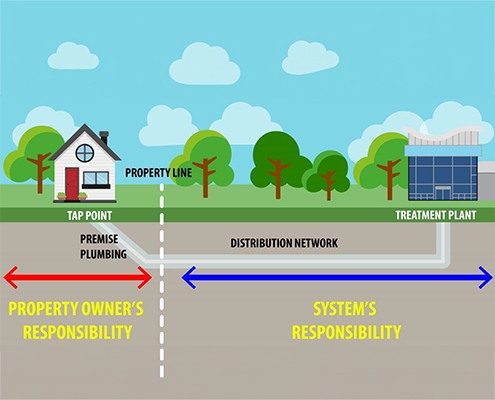 https://innovation.luskin.ucla.edu/wp-content/uploads/2024/05/Untitled-design-2.png
400
495
Kalani Seymore
https://innovation.luskin.ucla.edu/wp-content/uploads/2024/07/web-headers-2024-07.png
Kalani Seymore2024-05-27 08:00:072026-01-22 13:05:56Isaac Buo and Lana Zimmerman join our heat team
https://innovation.luskin.ucla.edu/wp-content/uploads/2024/05/Untitled-design-2.png
400
495
Kalani Seymore
https://innovation.luskin.ucla.edu/wp-content/uploads/2024/07/web-headers-2024-07.png
Kalani Seymore2024-05-27 08:00:072026-01-22 13:05:56Isaac Buo and Lana Zimmerman join our heat team Picture by Tambako the Jaguar
Picture by Tambako the JaguarUCLA to lead the new Center of Excellence for Heat Resilient Communities
The Luskin Center for Innovation receives a first-of-its-kind federal grant to help protect communities from heat dangers.

Downsizing local news contributes to crumbling infrastructure
Study co-authored by Luskin Center for Innovation faculty director links local journalism with voter support for investments critical for climate resilience.

Climate resilience panels drew crowds at UCLA Luskin Summit
Luskin Center for Innovation and civic partners share lessons on cooling strategies and community-led climate action.

Effectively communicating about heat risk requires deep community engagement
To reach heat-impacted communities, LCI report recommends heat communicators combine outreach strategies into targeted campaigns.
 https://innovation.luskin.ucla.edu/wp-content/uploads/2024/02/hector-meyer-featured.jpg
400
495
admin
https://innovation.luskin.ucla.edu/wp-content/uploads/2024/07/web-headers-2024-07.png
admin2024-02-14 13:56:072026-01-22 13:07:49Introducing our new events and operations coordinator, Héctor Osorio
https://innovation.luskin.ucla.edu/wp-content/uploads/2024/02/hector-meyer-featured.jpg
400
495
admin
https://innovation.luskin.ucla.edu/wp-content/uploads/2024/07/web-headers-2024-07.png
admin2024-02-14 13:56:072026-01-22 13:07:49Introducing our new events and operations coordinator, Héctor Osorio https://innovation.luskin.ucla.edu/wp-content/uploads/2024/02/heat-equity-featured.png
400
495
admin
https://innovation.luskin.ucla.edu/wp-content/uploads/2024/07/web-headers-2024-07.png
admin2024-02-13 08:57:162026-01-30 12:55:58Research informs heat equity solutions to improve human well-being and quality of life
https://innovation.luskin.ucla.edu/wp-content/uploads/2024/02/heat-equity-featured.png
400
495
admin
https://innovation.luskin.ucla.edu/wp-content/uploads/2024/07/web-headers-2024-07.png
admin2024-02-13 08:57:162026-01-30 12:55:58Research informs heat equity solutions to improve human well-being and quality of life https://innovation.luskin.ucla.edu/wp-content/uploads/2024/01/randy-rodriguez-feat.jpg
400
495
admin
https://innovation.luskin.ucla.edu/wp-content/uploads/2024/07/web-headers-2024-07.png
admin2024-01-30 19:38:532026-01-22 13:08:33Introducing our new associate project manager, Randy Rodriguez Jr.
https://innovation.luskin.ucla.edu/wp-content/uploads/2024/01/randy-rodriguez-feat.jpg
400
495
admin
https://innovation.luskin.ucla.edu/wp-content/uploads/2024/07/web-headers-2024-07.png
admin2024-01-30 19:38:532026-01-22 13:08:33Introducing our new associate project manager, Randy Rodriguez Jr.
Luskin Center for Innovation researchers draft policy briefs to address on-property plumbing issues
Supporting Los Angeles residents’ trust in tap water quality

2023 Impact Report: Our New Era of Shaping Effective and Equitable Environmental Policy Solutions
A brief, interactive summary of select environmental policy impacts in 2023
